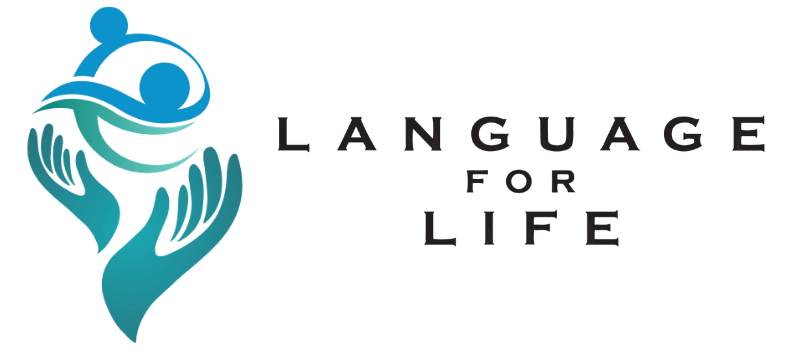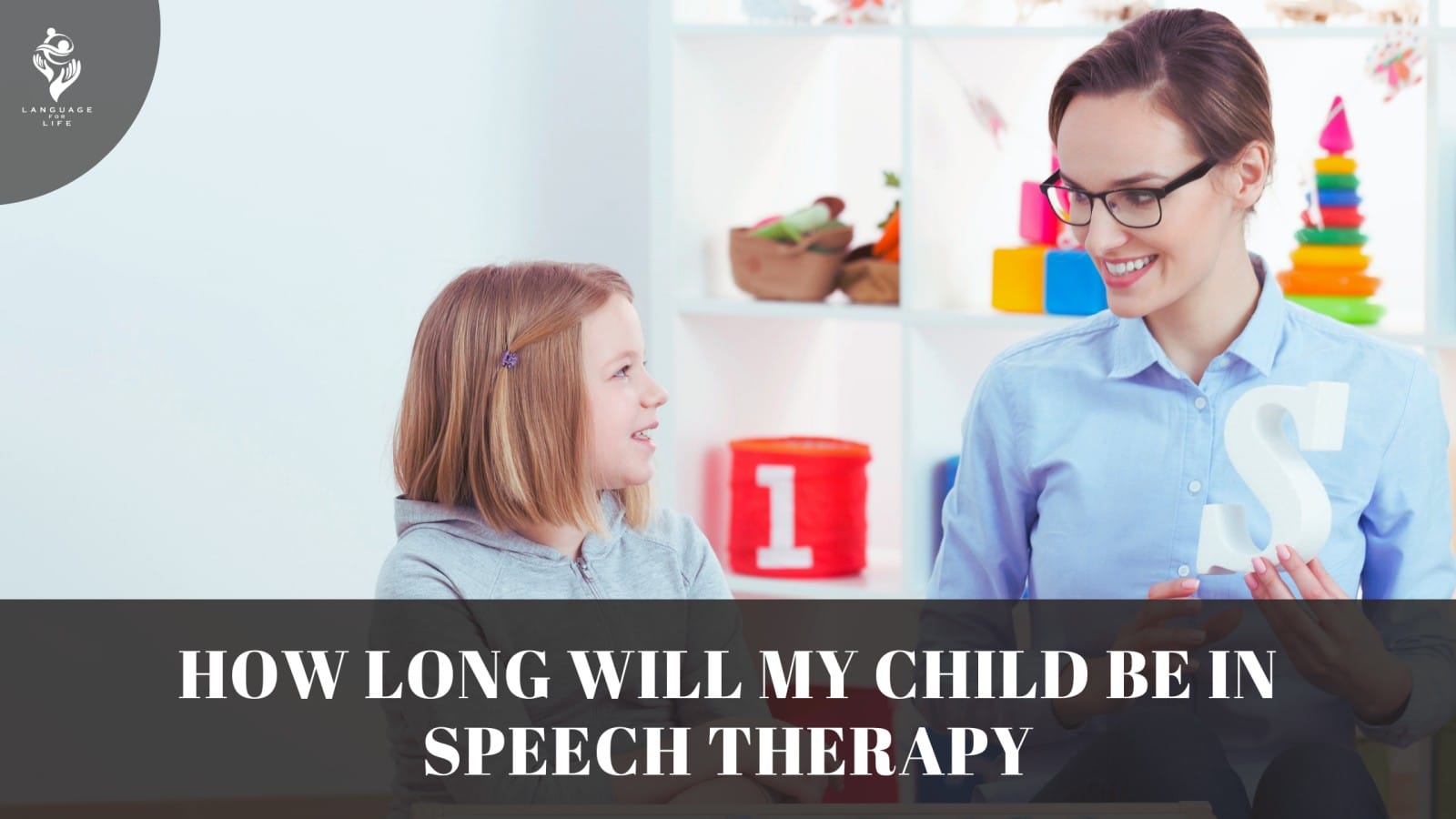Families often ask how long their child will be in speech therapy. While there is no set answer to that question, research does indicate that frequency, intensity and duration of treatment impacts outcomes. For purposes of research review, ASHA (American Speech-Language and Hearing Association) defined intensity as the amount of time spent in each treatment session, frequency as the number of treatment sessions over a set period of time (usually a week) and duration as the length of treatment received (whether a child attended therapy for two months or six months).* The ASHA review found that six out of seven studies favored a greater amount of treatment. A study by Law, Garrett and Nye (2004) found treatment results were better when duration was over eight weeks.
Many children who need speech therapy have an articulation or phonological processing disorder. The typical time to correct a speech difference is 15-20 hours (Jacoby et al, 2002) with typical frequency for articulation treatment being two times weekly for 30 minute sessions (ASHA 2004). Based on this information it could be assumed that if a disorder was mild to moderate, with the child attending treatment consistently and families practicing homework between sessions, duration of total treatment could be about four to five months. The actual time in treatment will also be relative to how many sound errors are being addressed in the treatment plan. The more sounds in error, the longer the duration of treatment.
Language Disorders, which have to do with cognition, expressive/receptive language skills as well as pragmatic language skills may take a longer period of treatment, depending on the number of goals identified by an evaluation.
When thinking about length of treatment, it is important for families to understand the importance of parent involvement in home practice. The speech-language pathologist (SLP) should provide specific targets for practice with articulation or motor speech therapy goals. SLPs should also provide training for families in facilitating generalization of new language skills. Research demonstrates that children make faster progress when parents also utilize strategies to target growth in language skills (Roberts, et al. 2011)* A pediatric therapist should spend time each session reviewing goals addressed and providing insight and training for families to help improve the rate of progress on targeted goals.
Credits: Speech and OT

